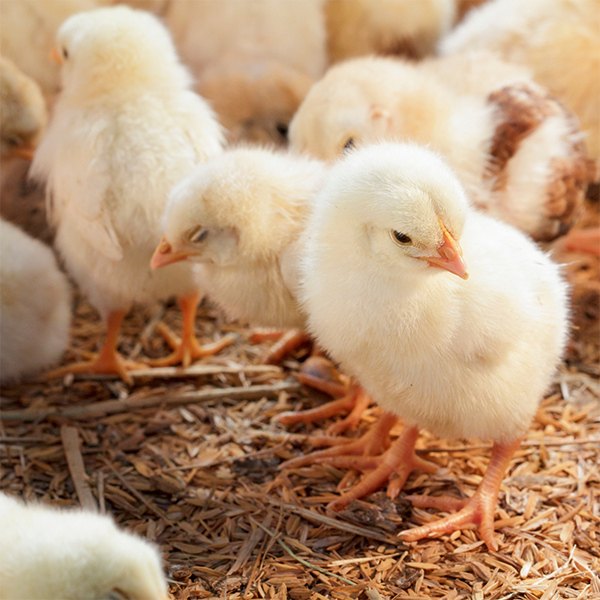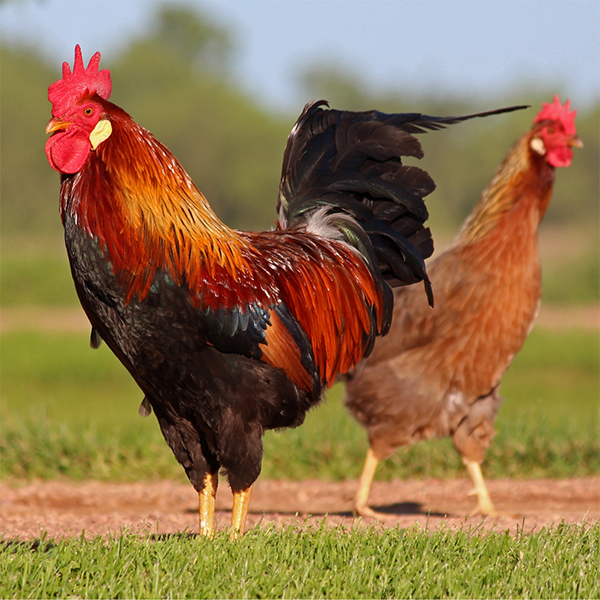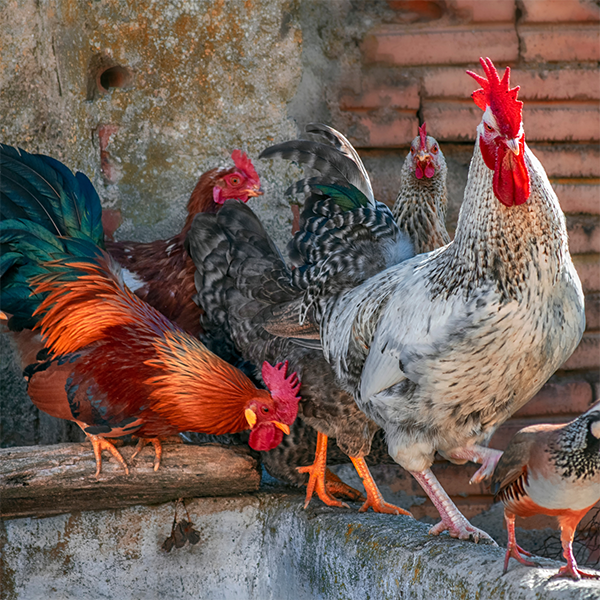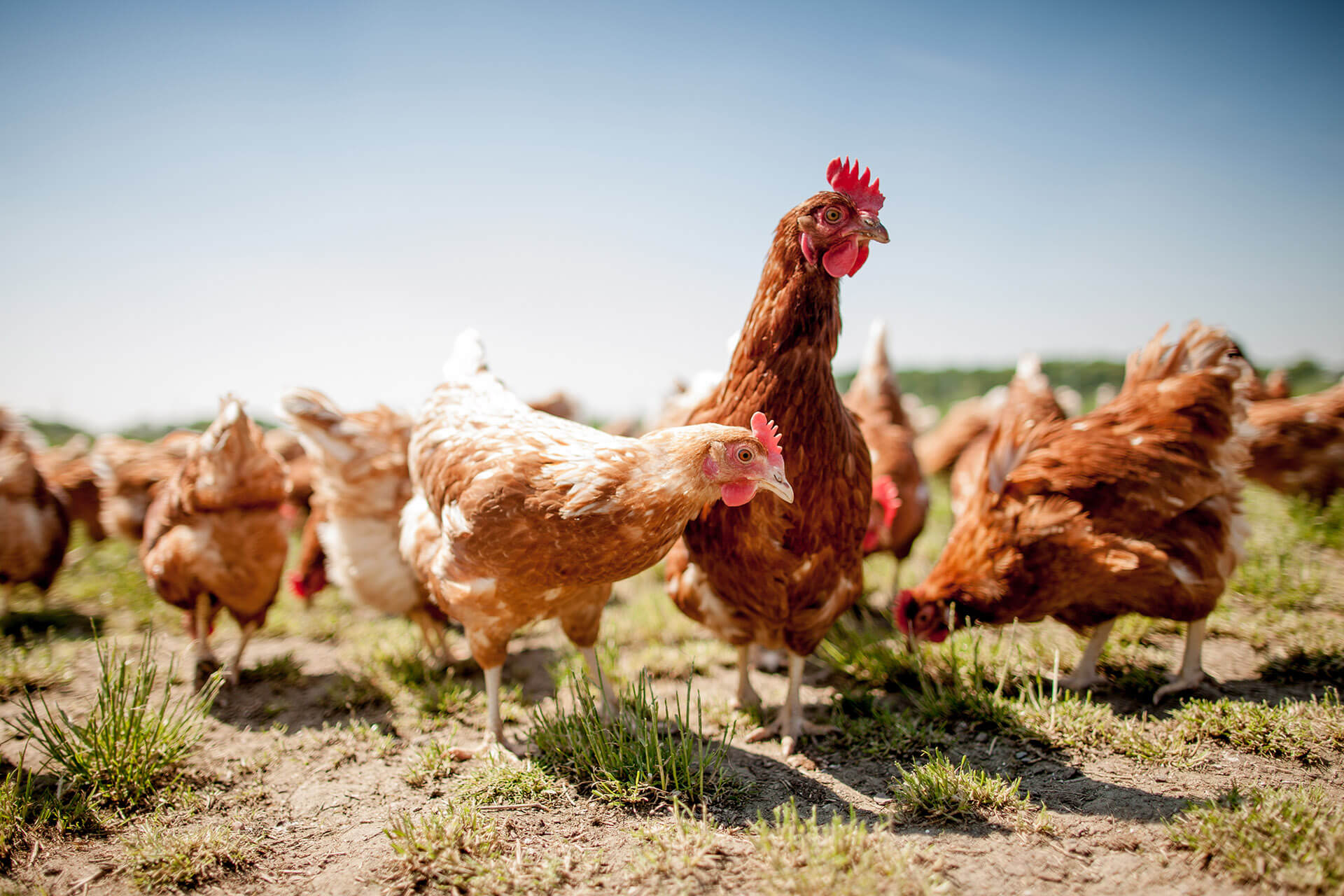Spring has sprung, which means chick season is heavily upon us! Because of this, Lollypop Farm will start getting calls about unwanted roosters (male chickens). Last year we received dozens of calls about this topic, resulting in about 95 roosters needing to be rehomed.

Sexing Chickens: It’s harder than it looks!
The most common reason that roosters are in need of being rehomed is because of “surprise roosters”. When you buy chicks from a store, the chicks could be male or female. More than likely, you will receive one or more roosters in the mix. Unfortunately, it is very difficult to tell what sex the chicks are when they are that young.
Sometimes, you may get lucky and find “sex link” or “auto-sex” chicks. A sex link chick is a crossbreed where the sex of the chicks can be determined by their color or pattern when hatched. An auto-sex chick is a breed that has a genetic trait that causes male and female chicks to have different appearances when hatched. Although it is much easier to sex the sex link and auto-sex chicks, it is never 100% accurate. Also, the sex link breeds are more prone to reproductive issues and don’t typically live as long as other breeds.
Zoning Laws: Please look into them!
The other most common reasons people need to rehome roosters are because of zoning laws or neighbor complaints. In the city of Rochester, if someone complains about a rooster on your property, you must get rid of all roosters on your property that are over 4 months of age. Many towns and villages simply do not allow roosters at all. Before you even decide to acquire chicks, please make sure you do your research on the legalities of having chickens in your area.

Rooster Hormones: They have them just like us!
Roosters tend to get a reputation for being “aggressive.” Most of the time, they aren’t being aggressive, they are just hormonal, which we like to call “roo-berty” (rooster puberty). Roosters begin to exhibit their raging hormones by either being “aggressive” to their hens or human caregivers.
If you find that your rooster seems to be overmating the hens, there are a few options. You can trim the rooster’s spurs and talons so that they aren’t too long or sharp (be careful, though, because they do have a quick just like dog and cat nails). You can also buy (or make) chicken saddles. These are pieces of fabric attached to the hen’s back that help protect their feathers from injury.
It’s also important to have the correct rooster-to-hen ratio, which is at least ten hens for every rooster. This can always vary due to your individual rooster(s) but 10:1 is a good rule of thumb!
When it comes to “aggression” towards human caregivers, it’s important to remember that roosters are prey animals. They more than likely see you as a threat to themselves or their flock. To help combat this, work on your relationship with your rooster. Bring them treats and spend time with them so they no longer view you as a threat over time!

Benefits of Having Roosters: There are many!
There are many benefits of having a rooster around if you are zoned to have one! They are very protective of their flock. Not only do they raise the alarm if a predator is spotted, but they will also risk their own life to fight a predator! They are very good at keeping an eye on their hens. If you want to have your chickens free range, it’s definitely useful to have a rooster because he will always make sure the hens are accounted for.
Not only do roosters protect their flock, but they are also fun to have around! They can also have very sweet personalities. Plus, roosters can be some of the most beautiful colors and patterns!
Bachelor Flock: It’s a thing!
You can also create a “bachelor flock” of only roosters. Roosters are less likely to fight each other if there aren’t any hens to fight over or protect. It’s most successful when you have roosters that were raised together. It’s important to make sure that your rooster bachelor flock has plenty of space to feel comfortable and move around. It’s also important to give them plenty of enrichment (toys/treats/entertainment) to combat boredom. You can also let them free-range together!
If you’d like to learn more about creating a bachelor flock, check out this great resource from Open Sanctuary: https://
You can always email our farm team at farm@lollypop.org if you have questions on rooster behavior, chick husbandry, or any other chicken-keeping-related questions!
Thank you to our Farm Manager, Mary Miller, for writing this guest blog for us!
Resources:
Magnus, J. & Hess, T. (2022, May 3). Introduction to Rooster Behavior Part I: Dismantling rooster stigma. The Open Sanctuary Project. https://opensanctuary.org/introduction-to-rooster-behavior-part-i-dismantling-rooster-stigma/
Hess, Tara. (2018, March 1). Maintaining a Healthy Rooster Flock. The Open Sanctuary Project.
https://opensanctuary.org/

